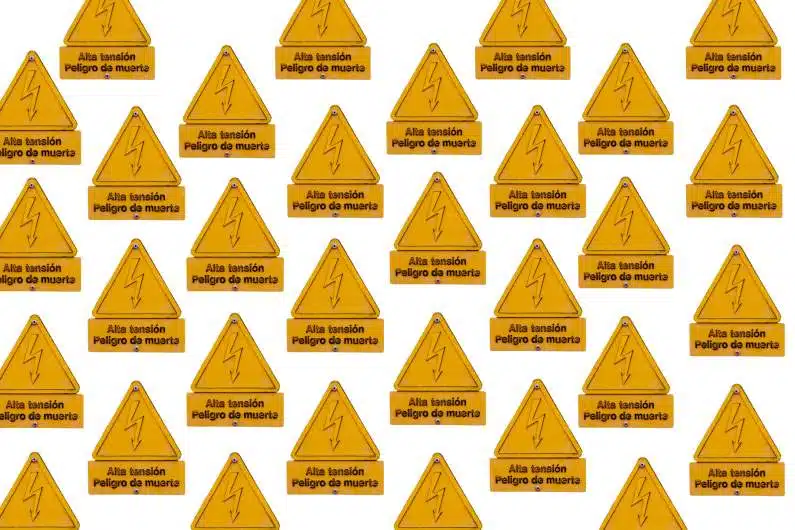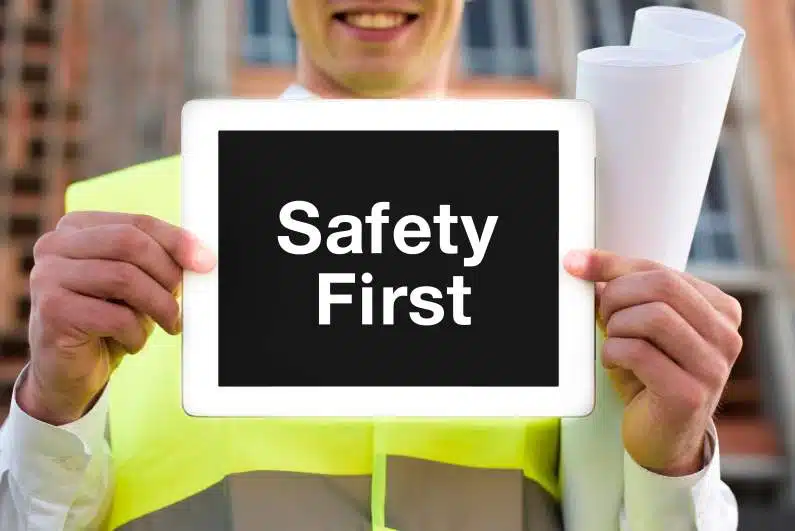Translation project managers have several tasks and responsibilities to perform. They have to manage their team, meet deadlines, produce high-quality work, build relationships, and translate different documents. To successfully carry out these tasks, they need to have many different skills.
Have you ever wondered what specific skills a successful translation project manager needs? Let’s find out with these seven attributes that are essential for a professional, skilled translation project manager.
Strong Communication Skills
Translation project managers deal with a number of tasks at a time, often communicate with people of different backgrounds, and oversee various jobs. All this taken into account means that solid communication skills are a must.
Effective communication is essential for a project manager to guide the team through the highs and lows of a project and ensure the team’s needs can be met at all times. They should also be confident in sharing information with the team internally, as well as liaising with external clients. If you are looking to really level up your communication skills, there are some key ways to achieve effective leadership communication that you should know.
The frequent use of communication skills will result in a lack of miscommunication, which is a sign of poor leadership, ineffective collaboration, and unclear objectives. It may also create confusion, which can harm staff morale, and the general fluidity of productivity.
Computer Skills
For a translator or project manager, having basic computer knowledge – Word, PowerPoint, Excel, etc. – is essential because these programs are used on a daily basis for everything from making documents to creating PowerPoint presentations.
There are ample programs and software that project managers should be capable of using, which leads to an improvement in their skills of passing on knowledge. Online courses can help managers make sense of new strategies and techniques which will put them at the head of the pack.
Technical Knowledge
While ensuring the success of a translation project, linguists and translation project managers will use a variety of devices and software. The translation tools, IT equipment, and connectors speed up the translation process and maintain its consistency.
Along with having basic computer skills, project managers should also be sufficiently tech-savvy to understand how to use the tools and how to resolve common technical errors and challenges.
The translation projector manager regularly works with:
- CAT tools (Computer-Aided Translation)
- CMS connectors (Content Management Systems)
- TM (Translation Memories)
- Machine Translation engines
Risk Management
Of the many skills that round off a top-level project manager, flexibility, time management, problem-solving skills, and risk management are at the top.
Being able to effectively manage risks is what makes a top translation project manager stand out. Picking up on an issue quickly means it can be resolved without any delay or significant loss as a delay can impact on budget, schedule, and deadline.
Flexibility Can Make or Break a Project
Often, things don’t go exactly to plan; becoming stressed in this situation can affect productivity and the workplace environment. So, project managers should be adaptable by nature and accept the changes with a positive attitude.
Often, last-minute changes are needed, or the client might ask for some revisions. This calls for a cooperative, understanding team leader. A flexible translation manager can shape their approach and that of their team according to the situation.
Language and Translation Skills
Skilled translation project managers understand different languages and translate texts from one language to another. Moreover, they can speak, read, and write in different languages. As a result, opting for one with a language background is recommended.
If a project manager doesn’t speak a second language, the chances of misinterpretation increase. Thus, for an accurate translation, the translation PM should feel confident in understanding the nuances of the foreign language.
Advanced language can be gained in different ways:
- Through a degree or language study
- Extensive practice and reading
- Immersing yourself in the culture
Languages are in constant flux, so continued practice is vital.
Cost Management Skills
Although translation project managers do not directly take charge of cost management, they do need to understand the fundamentals. They should develop an understanding of setting rates, producing and tracking invoices, outlining a project’s timeframe, and other small financial tasks.
In Summary
Translation project managers perform dozens of tasks: they deal with multiple languages, plan workloads, manage staff, and see projects through from beginning to end. Consequently, a PM must have the relevant skills, qualities and abilities to handle the whole range of issues that multilingual translation and localization projects can throw up.
Whether you want to become a project manager or recruit one to handle your project, you need to make sure that they have the full set of soft, technical and communication skills.





